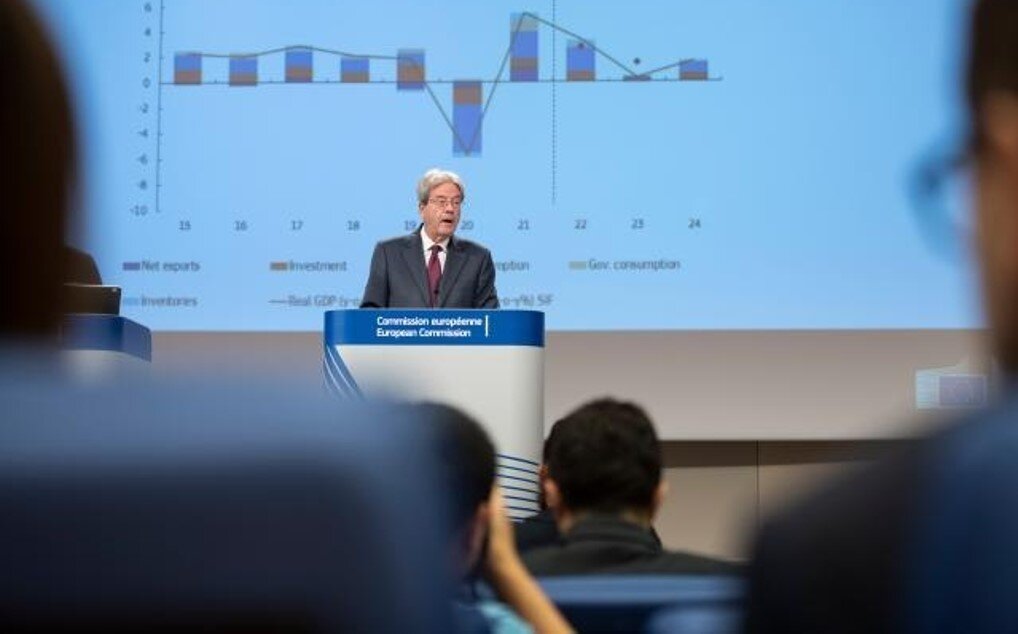The EU must reform its fiscal rules to allow governments to face the climate, energy and cost-of-living crises with more spending capacity. The European Commission has launched its proposal. Now it’s up to member states in favour of a pro-investment reform to make their position clear on the 23-24 March European Council and ensure green amendments make it into the final deal.
The need to reform the fiscal rules has recently been amplified at the international stage. The current fiscal rules are not only insufficient to answer to the effects of the polycrisis, but also in terms of maintaining the EU’s international competitiveness.
Amid crisis, the EU must reform its fiscal rules
- Some governments might not have the national fiscal space to spend the money they need to continue facing the current overlapping crises. This is because the current EU fiscal rules constrain government spending and encourage austerity.
- The rules were deactivated during the pandemic but are due to be reactivated in 2024 according to the Commission’s timeline. If they are not reformed, they will exacerbate the bloc’s economic hardship by limiting the crisis response capacity of the EU and its member states.
- The need to reform the fiscal rules has recently been amplified on the international stage. The current fiscal rules are not only insufficient to answer to the effects of the polycrisis, but also in terms of maintaining the EU’s competitiveness
- A critical part of the solution is allowing governments to unlock the necessary investments and spending to face the current challenges.
Reforming the fiscal rules is crucial to EU decarbonisation and competitiveness
- The Commission’s proposal on reforming the SGP does not give states the fiscal freedom to remain competitive on the international stage and make the European Green Deal a reality.
- To meet the investment needs of the green transition, public investment in Europe will need to increase by at least €100bn every year – starting now.
- For the reformed Stability and Growth Pact to accelerate, rather than limit, the EU’s progress towards its 2030 and 2050 targets, politically feasible green amendments must make it into the final deal.
Time to reach consensus is short
- With the fiscal rules set to be reactivated in 2024, and the Commission aiming to fast-track the legislative process in 2023, member states have only a few short months to come to a consensus on fiscal reform.
- If governments can agree on a reform which explicitly supports green investments, then they can accelerate progress towards the 2030 and 2050 climate goals. They can also ramp up energy savings and renewables deployment to strengthen Europe’s energy security.
- The Commission expressed hopes that member states reach a common position by the conclusion of the 2023 March European Council. It is crucial that member states in favour of a pro-investment reform make their position clear in the weeks running up to this EUCO meeting.
Read the full briefing paper on the need for an EU fiscal reform that unlocks climate investments.
*This is an updated version (3 March 2023) of the original briefing paper published in December 2022, considering recent political developments.


